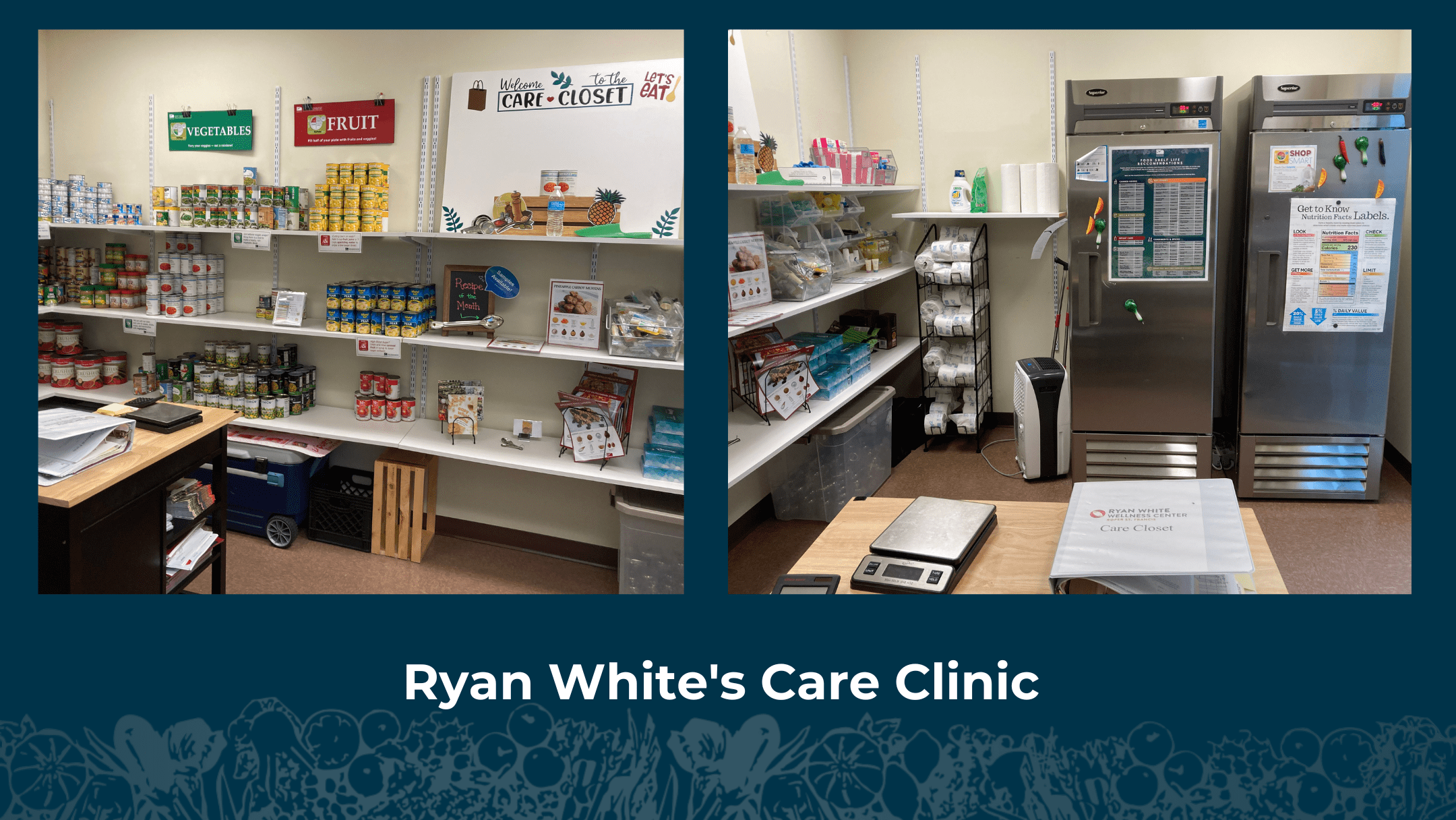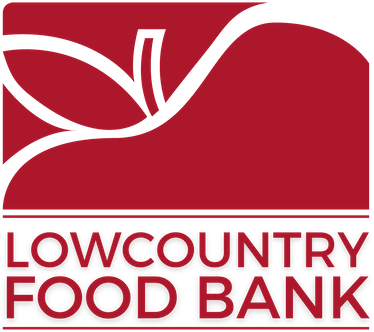Food For Health
Almost 80% of health outcomes are predicted by social, environmental, and behavioral factors. These factors are known as Social Determinants of Health (SDOH). One SDOH that has a direct correlation to health outcomes is reliable access to quality food. An individual who experiences food insecurity has an increased risk of diabetes, hypertension, stroke, mental health problems, depression, and other chronic conditions. [1]
Lowcountry Food Bank (LCFB) believes that working alongside our healthcare partners to improve our neighbors’ access to the nutritious foods they need to thrive is integral to improving health outcomes and decreasing costs associated with poor health. Read our full position paper for more details.
Our Food for Health initiative was developed to support healthcare partners and help break the cycle between food insecurity and chronic disease. We have four partnership types to help patients get the food they need to nourish their bodies. Partnerships can be combined or stand alone. With all types, healthcare partners will receive referral cards and/or posters to direct patients to local partner food pantries.

Lowcountry Food Bank provides support for healthcare partners through:
Education
- Inform healthcare team on the intersection of food insecurity and health outcomes, the barriers to food access, and the opportunities for patients to access food.
- Support healthcare partners in integrating best practice food insecurity screening and intervening protocol in their workflow.
Emergency Food Assistance
- Provide healthcare partners 22 lb. boxes of food to distribute to patients who are in immediate need of food assistance. The shelf-stable food boxes will meet dietary needs for at least three days until the patient can access additional food or resources.
Onsite Food Market
- Set up an onsite food market with healthcare partners who are in areas of very low food access, who serve patients with very low food security, and/or are in areas with limited transportation. Patients can select the foods they need to create nourishing meals, both shelf stable and perishable, such a fresh fruits and vegetables.
Community Food Pantry Partnership
- Build partnerships between community pantries and healthcare clinics that formalize a process for patients to receive food from the pantry if referred by the healthcare clinic.
For more information about our Food for Health program please contact:
Dana Mitchel
Director of Community Health and Nutrition
Contact
843-747-8146 ext. 122
[1] Gundersen, C., and Ziliak, James P. 2015. Food Insecurity and Health Outcomes. Health Affairs 34:11, 1830-1839. https://doi.org/10.1377/hlthaff.2015.0645
